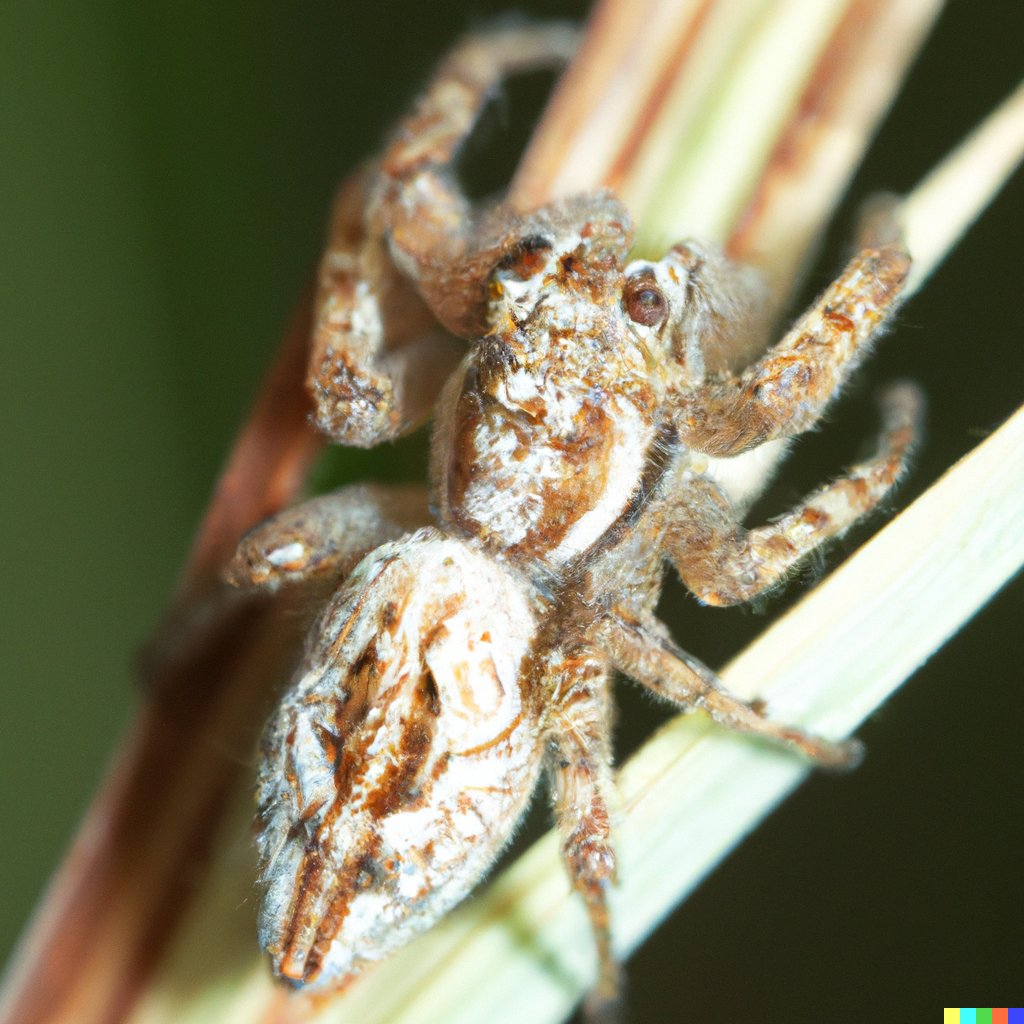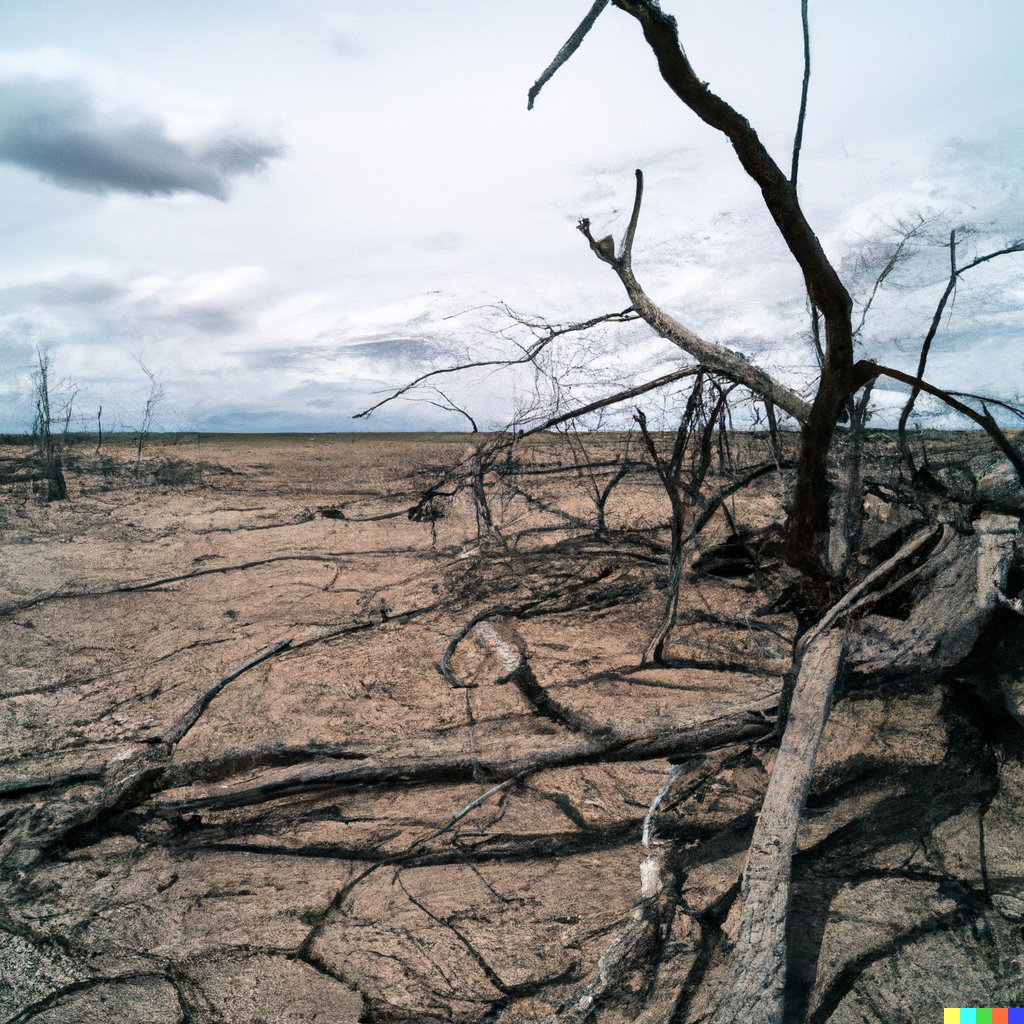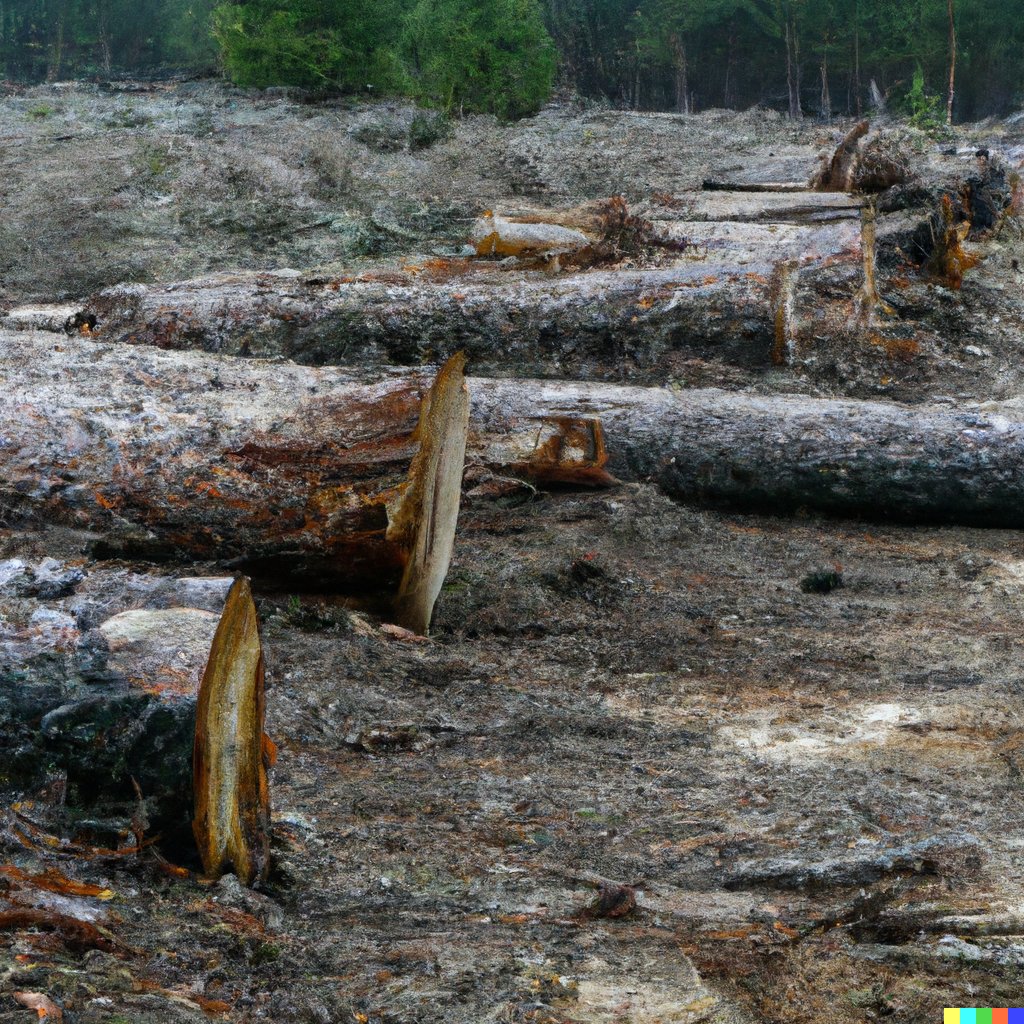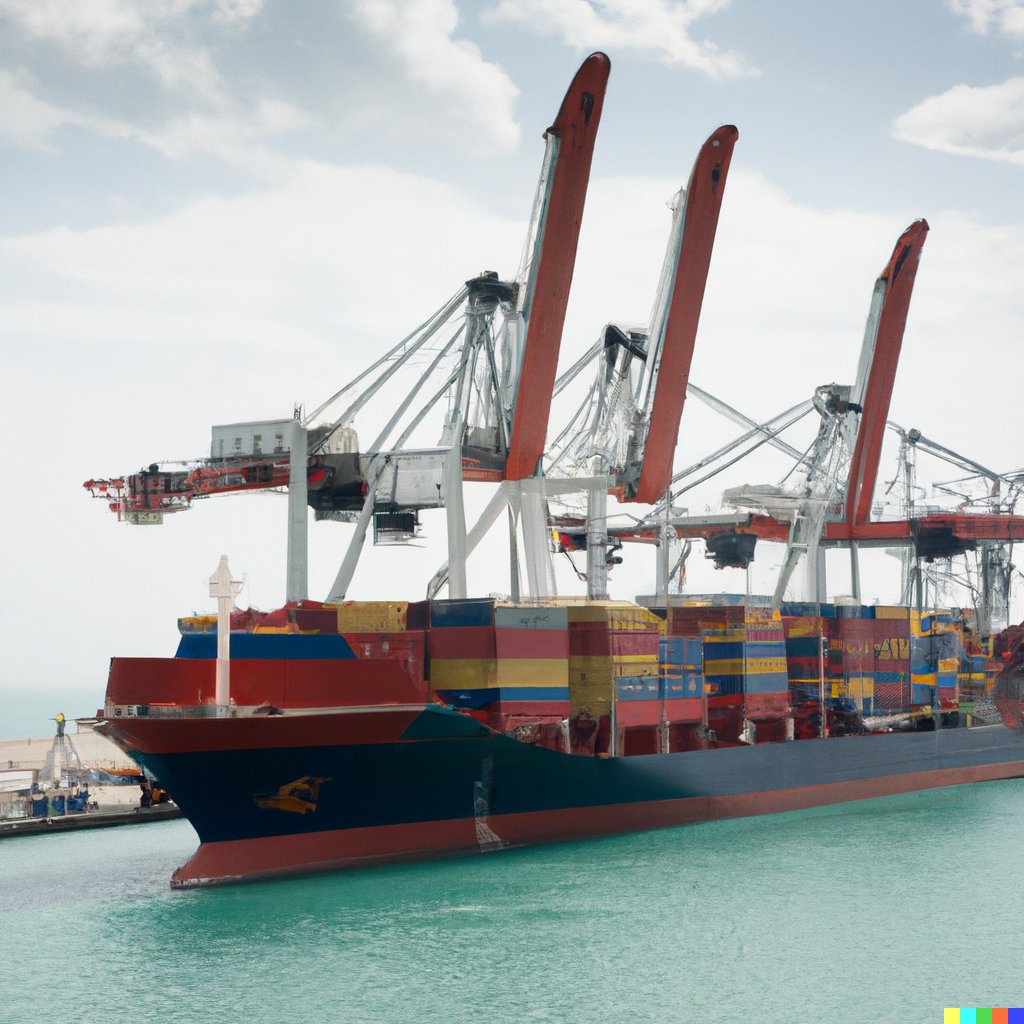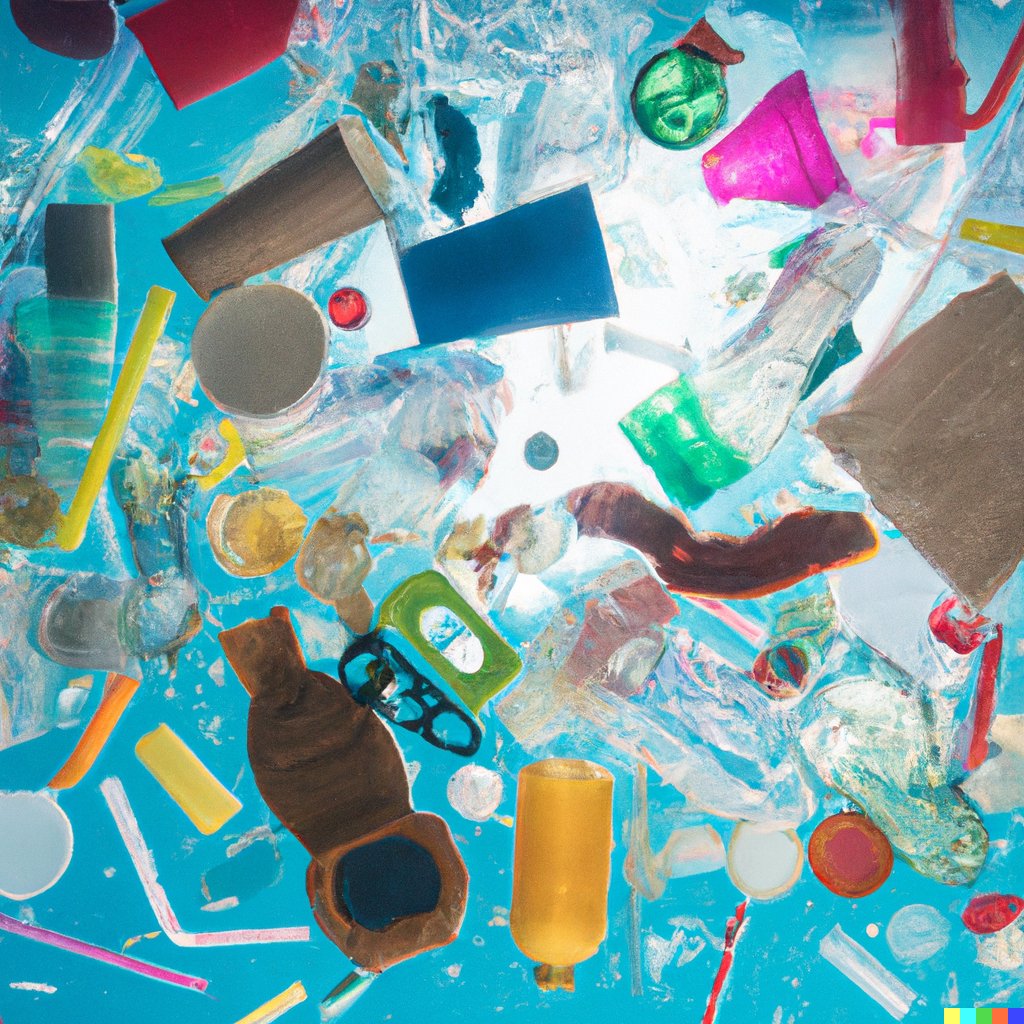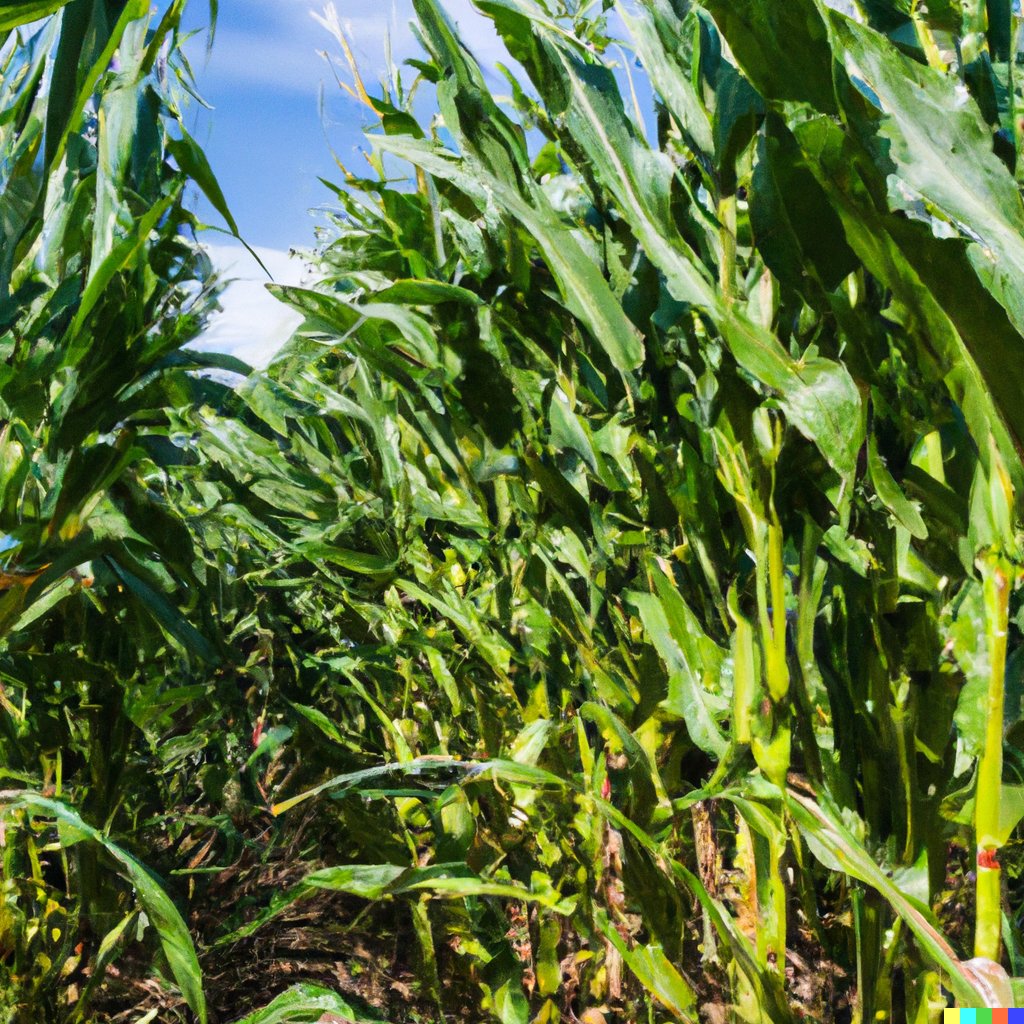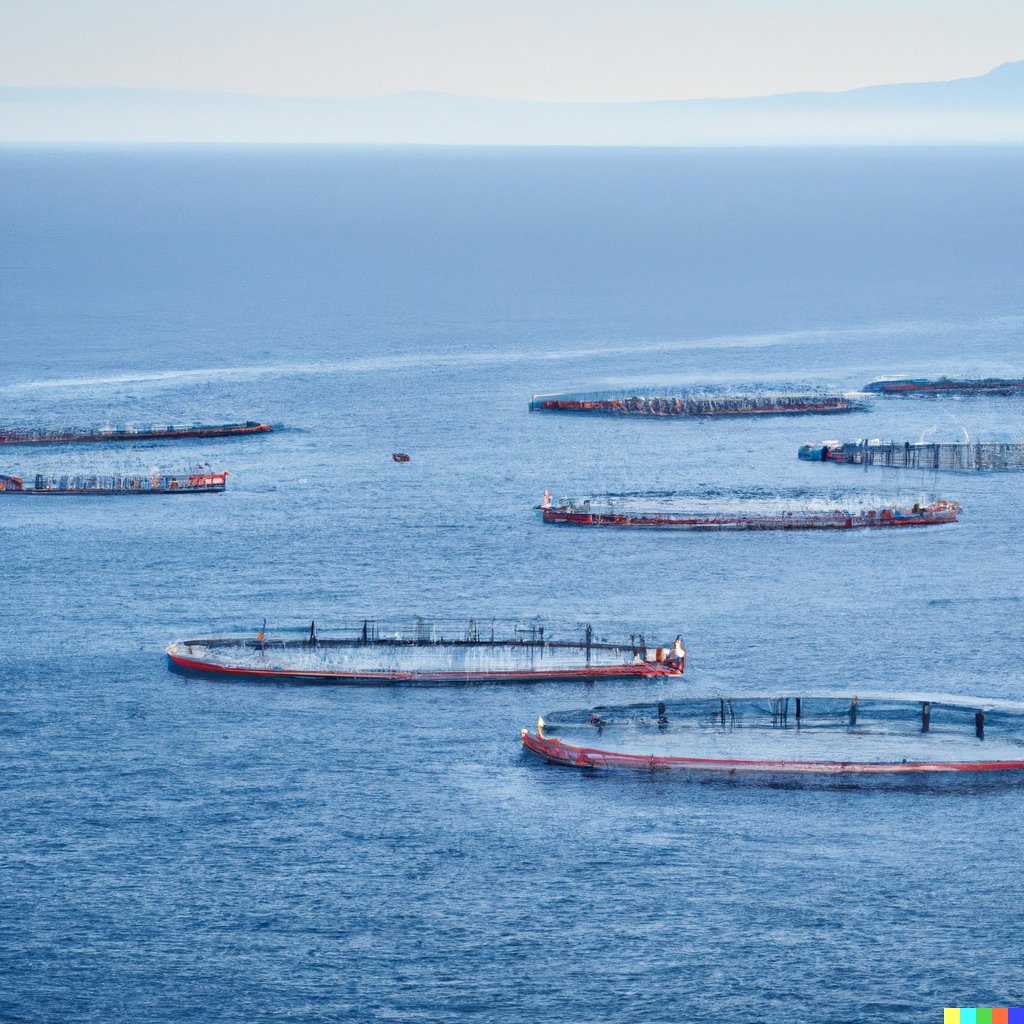
Farmed salmon, while providing a readily available food source, can have a more significant environmental impact compared to wild-caught salmon through conventional fishing practices. Several factors contribute to this issue, raising concerns about the sustainability and ecological balance of our oceans. Here are some key reasons why farmed salmon is considered more harmful than fishing:
1. Disease and Parasite Transmission
In densely packed fish farms, the close proximity of farmed salmon can lead to an increased risk of disease outbreaks and parasite transmission. These diseases and parasites can spread rapidly, affecting not only farmed fish but also wild salmon populations that come into contact with the farm-raised fish.
2. Chemical Use and Pollution
Farmed salmon require antibiotics and pesticides to prevent and treat diseases, especially in crowded conditions. The use of these chemicals can lead to water pollution and the buildup of antibiotic-resistant bacteria, posing risks to aquatic ecosystems and human health.
3. Waste Accumulation
Fish farms generate substantial amounts of waste, including uneaten feed and fecal matter, which can impact water quality and marine habitats. The excessive nutrient release from salmon farms can lead to harmful algal blooms and ecosystem disruptions.
4. Escapes and Genetic Interactions
Farmed salmon escaping from fish farms can interbreed with wild salmon, potentially diluting the genetic integrity of wild populations. This hybridization can weaken the adaptability of wild salmon to their natural environment.
5. Feed Dependency and Overfishing
Farmed salmon are fed fishmeal and fish oil derived from wild-caught fish, contributing to overfishing of smaller fish species. This practice can disrupt marine food chains and negatively impact other marine species dependent on these smaller fish for survival.
6. Habitat Destruction
The establishment and operation of fish farms can lead to habitat destruction, as they often require coastal areas for construction. This can harm sensitive ecosystems, such as seafloor habitats and coastal wetlands.
7. Carbon Footprint
The energy-intensive processes involved in salmon farming, including feeding, water circulation, and waste treatment, contribute to its higher carbon footprint compared to traditional fishing practices.
8. Loss of Biodiversity
Farmed salmon production can lead to the decline of biodiversity in coastal areas, as these facilities may replace natural habitats and displace other marine species.
Frequently Asked Questions (FAQs)
Q1: Is farmed salmon more harmful to the environment than fishing for wild salmon?
A1: Yes, farmed salmon can have a more significant environmental impact compared to fishing for wild salmon due to factors such as disease transmission, chemical use, waste accumulation, and habitat destruction associated with salmon farming.
Q2: How does disease transmission occur in salmon farms?
A2: In densely packed fish farms, the close proximity of farmed salmon can lead to an increased risk of disease outbreaks, which can spread rapidly among the fish population.
Q3: What are the environmental concerns related to chemical use in salmon farming?
A3: The use of antibiotics and pesticides in farmed salmon can lead to water pollution, the buildup of antibiotic-resistant bacteria, and potential risks to aquatic ecosystems and human health.
Q4: How does salmon farming contribute to waste accumulation in water bodies?
A4: Fish farms generate substantial amounts of waste, including uneaten feed and fecal matter, which can impact water quality and marine habitats.
Q5: What is the impact of escaped farmed salmon on wild salmon populations?
A5: Escaped farmed salmon can interbreed with wild salmon, potentially weakening the genetic integrity of wild populations and affecting their ability to adapt to their natural environment.
Q6: Why does salmon farming contribute to overfishing of smaller fish species?
A6: Farmed salmon are fed fishmeal and fish oil derived from wild-caught fish, leading to increased demand and overfishing of smaller fish species.
Q7: How does salmon farming lead to habitat destruction?
A7: The establishment and operation of fish farms can result in habitat destruction, as they often require coastal areas for construction, impacting sensitive ecosystems like seafloor habitats and coastal wetlands.
Q8: What is the carbon footprint of salmon farming?
A8: The energy-intensive processes involved in salmon farming, such as feeding, water circulation, and waste treatment, contribute to its higher carbon footprint compared to traditional fishing practices.
Q9: What are the potential consequences of farmed salmon on biodiversity in coastal areas?
A9: Farmed salmon production can lead to a decline in biodiversity in coastal regions as these facilities may replace natural habitats and displace other marine species.
Q10: Can responsible aquaculture practices mitigate the harmful effects of salmon farming?
A10: Yes, responsible and innovative aquaculture practices, such as closed containment systems and sustainable feed sourcing, can help mitigate the harmful effects of farmed salmon and promote a healthier marine ecosystem.
Conclusion
While farmed salmon provides a year-round food supply and satisfies the demand for this popular fish, it comes with significant environmental consequences. Disease transmission, chemical use, waste accumulation, and habitat destruction are among the many concerns associated with salmon farming. As we strive for a more sustainable food system, it's essential to balance the benefits of aquaculture with its environmental impact. Responsible and innovative aquaculture practices, such as closed containment systems and feed sourcing from sustainable sources, can help mitigate the harmful effects of farmed salmon and promote a healthier marine ecosystem for future generations.







